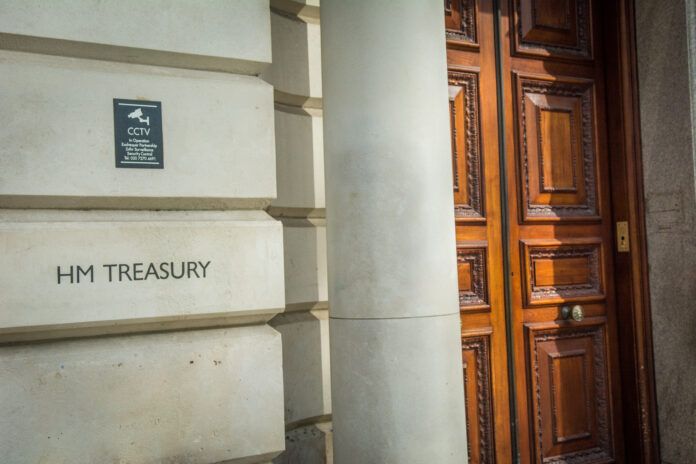The Builders Merchants Federation (BMF) is to write to the government expressing grave concerns over the future of the industry regarding changes to Inheritance Tax announced in the Autumn Budget, which could significantly impact private and family-owned businesses in its membership, who now may struggle to justify investment in the future.
John Newcomb, CEO of the BMF, said: “It’s important to acknowledge that the unintended consequences of the Budget don’t wipe out what it was aiming to do, which is stimulate economic growth.
“Construction is absolutely critical to the lifeblood of the UK economy, but we are hearing across the industry that the changes in inheritance taxation could limit the future of the sector, with many private and family businesses across our membership reporting back that the impact of Business Property Relief will damage enterprise.
“The end result could be a scaling back of the operations at SME merchants, suppliers and even builders in light of the changes, and that will have a significant impact on the whole economy.”
The BMF is now raising the matter with senior government ministers, to call for a discussion on how best to address the challenges.
David Berry, managing director of BMF member company, C&W Berry, which operates across Lancashire, said: “Kier Starmer visited our business two days after the General Election was announced. I would like to ask him now how we handle this situation.
“For nearly 50 years, Business Property Relief has encouraged family-owned businesses to make long-term investments, creating financially stable businesses, offering secure employment, contributing to economic growth and generating annual tax revenues.
“These proposed tax changes put that business ethos at huge risk.
“The changes are due to be implemented in April 2026 and I urge the government to re-think before it’s too late.”
Nick Howarth, managing director of BMF member company Howarth Timber, which has its headquarters in Yorkshire, added: “Ultimately, the taxation changes greatly reduce the incentive to set up and run a family enterprise and for individuals to risk their own capital to create something of value, not only for their family but also for their local community and the wider economy.
“Entrepreneurs will think why I should risk my home and work long hours to build a business.
“The end result is a situation that puts the country’s economic growth at risk, alongside the £200bn of tax that family businesses collectively pay to support public services every year.
“It also has a long-term impact on private business in terms of continuity, ability to pay wages and operating costs, and to accumulate funds to re-invest back to modernise and grow their company.
“Furthermore, for merchants which support construction, the situation jeopardises the country’s ability to build new hospitals, schools and 300,000 houses per year, threatens the viability, and even survival, of family firms and potentially undermines the model of multi-generation ownership.”
Rachel Fryers, a board member of the BMF and regional chair for the North East and Yorkshire regions, is managing director of Merritt & Fryers, an independent builders’ merchants with branches in Yorkshire and Lancashire.
She said: “While the government seemingly asserts that the majority of estates claiming Business Property Relief will remain unaffected under the recent reforms announced in the Autumn Budget 2024, I cannot yet see how that will not have an impact.
“The introduction of a £1 million cap on qualifying business assets, leading to increased Inheritance Tax Liability will surely have a negative impact on many, if not the majority, of businesses in our industry who are multi-generational, family-owned, small to medium sized business, often operating from large sites whose assets have accrued over decades.”




